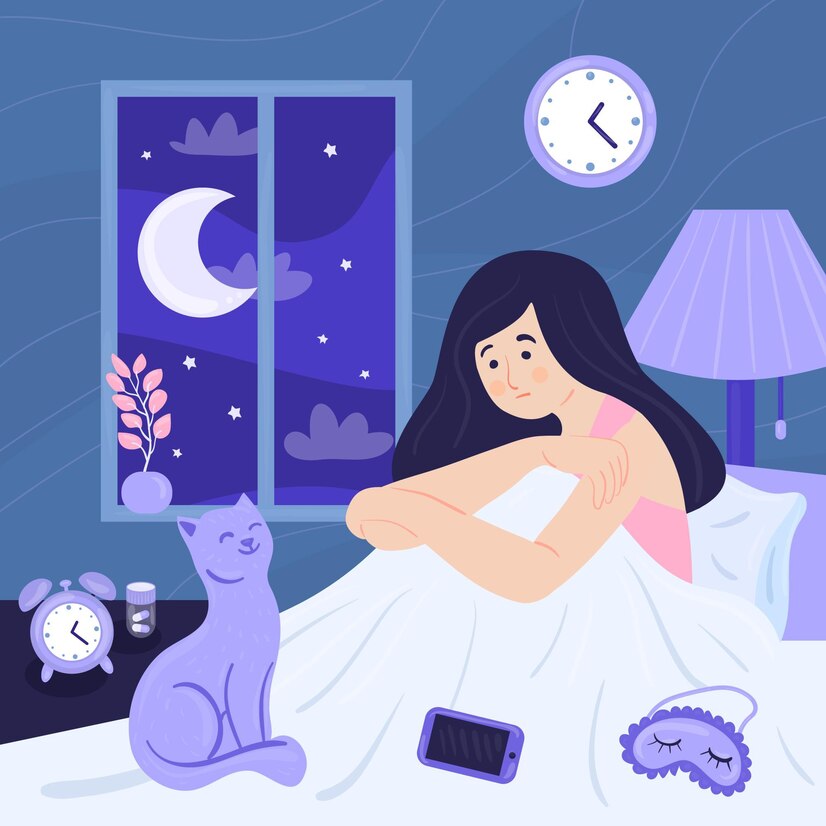The Impact of Sleep on Mental Health
In our fast-paced modern world, sleep often takes a backseat to our busy schedules and countless responsibilities. However, the importance of quality sleep for our mental health cannot be overstated. This blog post explores the crucial role that sleep plays in maintaining good mental health and provides practical tips for improving your sleep quality.
The Sleep-Mental Health Connection
Research has consistently shown a strong bidirectional relationship between sleep and mental health. Poor sleep can contribute to the development and worsening of mental health issues, while mental health problems can make it more challenging to get restful sleep. This intricate connection highlights the importance of addressing both sleep and mental health as part of a holistic approach to well-being.
- Sleep deprivation can increase the risk of developing mood disorders like depression and anxiety.
- Lack of sleep affects emotional regulation, making it harder to cope with stress.
- Sleep problems are common symptoms in various mental health conditions, including PTSD and bipolar disorder.
- Improving sleep quality can enhance the effectiveness of mental health treatments.
The Science Behind Sleep and Mental Health
During sleep, our brains process emotions, consolidate memories, and regulate various neurotransmitters crucial for mental health. Sleep deprivation disrupts these processes, leading to increased emotional reactivity, impaired cognitive function, and a higher susceptibility to stress and negative thinking patterns.

Tips for Improving Sleep Quality
Enhancing your sleep quality can have a significant positive impact on your mental health. Here are some practical tips to help you get better sleep:
- Stick to a consistent sleep schedule, even on weekends.
- Create a relaxing bedtime routine to signal to your body that it's time to wind down.
- Make your bedroom a sleep-friendly environment: dark, quiet, and cool.
- Limit exposure to blue light from screens at least an hour before bedtime.
- Avoid caffeine, alcohol, and large meals close to bedtime.
- Exercise regularly, but not too close to bedtime.
- Practice relaxation techniques like deep breathing or meditation before sleep.
When to Seek Help
If you're consistently having trouble sleeping or experiencing symptoms of mental health issues, it's important to reach out to a healthcare professional. They can help identify any underlying issues and provide appropriate treatment options, which may include cognitive-behavioral therapy for insomnia (CBT-I) or other evidence-based interventions.
Remember, prioritizing your sleep is not a luxury—it's a necessity for maintaining good mental health and overall well-being. By understanding the impact of sleep on mental health and implementing strategies to improve your sleep quality, you can take a significant step towards a healthier, more balanced life.